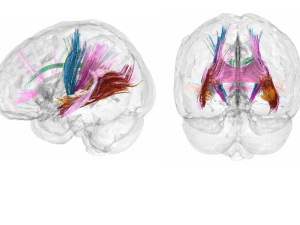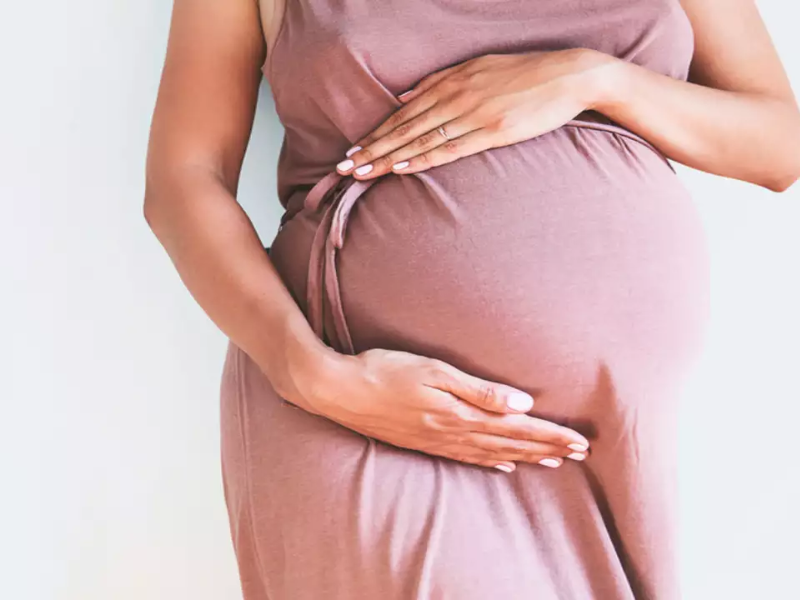A new study is making headlines globally for its insightful findings into what we all call “mom brain”. There are now comprehensive maps to show how the human brain changes before, during and after pregnancy.
Scientists studied one healthy 38-year-old woman’s brain through 26 detailed scans. The subject was studied till two years after giving birth. And what they found was “remarkable” they say. They found changes in parts of the brain, specifically regions linked to socializing and emotional processing. The changes are similar to those observed during puberty, the researchers say.
Simply put, this a first-of-its kind study to establish what women have known, guessed, wondered and discussed for decades — that “pregnancy brain” really does exit.
Speak to a pregnant woman anywhere in the world and she’ll ask you why scientists needed to research something she has always known and felt. If you are a mom-to-be or have had multiple children, you have firsthand experience of “pregnancy forgetfulness” or “mommy brain”. Leaving the tap running, forgetting to turn on the washing machine with a day’s-old laundry in, zoning out at work, unable to hold on to that chain of thought, feeling exhausted and drained. The pregnancy brain has now been validated by science.
While this particular research must be lauded for its findings, we must ask ourselves why we know so little about women’s health and their bodies. Women to this day, remain under-represented in clinical research. Here’s a fun fact — scientists avoid conducting studies on female mice due to greater costs linked to purchasing and housing both sexes. Yes, female mice are inconvenient for research owing to concerns surrounding fluctuating hormones and reproductive systems.

Conception, pregnancy and motherhood are challenging phases in a woman’s life. While social media has duped us all into selling and buying a curated idea of pregnancy and motherhood, sprinkled with photo shoots, baby bump myths, exotic babymoon destinations and beige nurseries, the reality is often different. Hormonal changes, physiological changes and now, neurobiological changes, make this season of life extremely difficult.
There is scant research into the impact of these phases on a woman’s brain and that is unacceptable. This recent study provides good insights which certainly need to be investigated more. Perhaps they could help us improve our understanding of conditions such as postnatal depression and pre-eclampsia.






